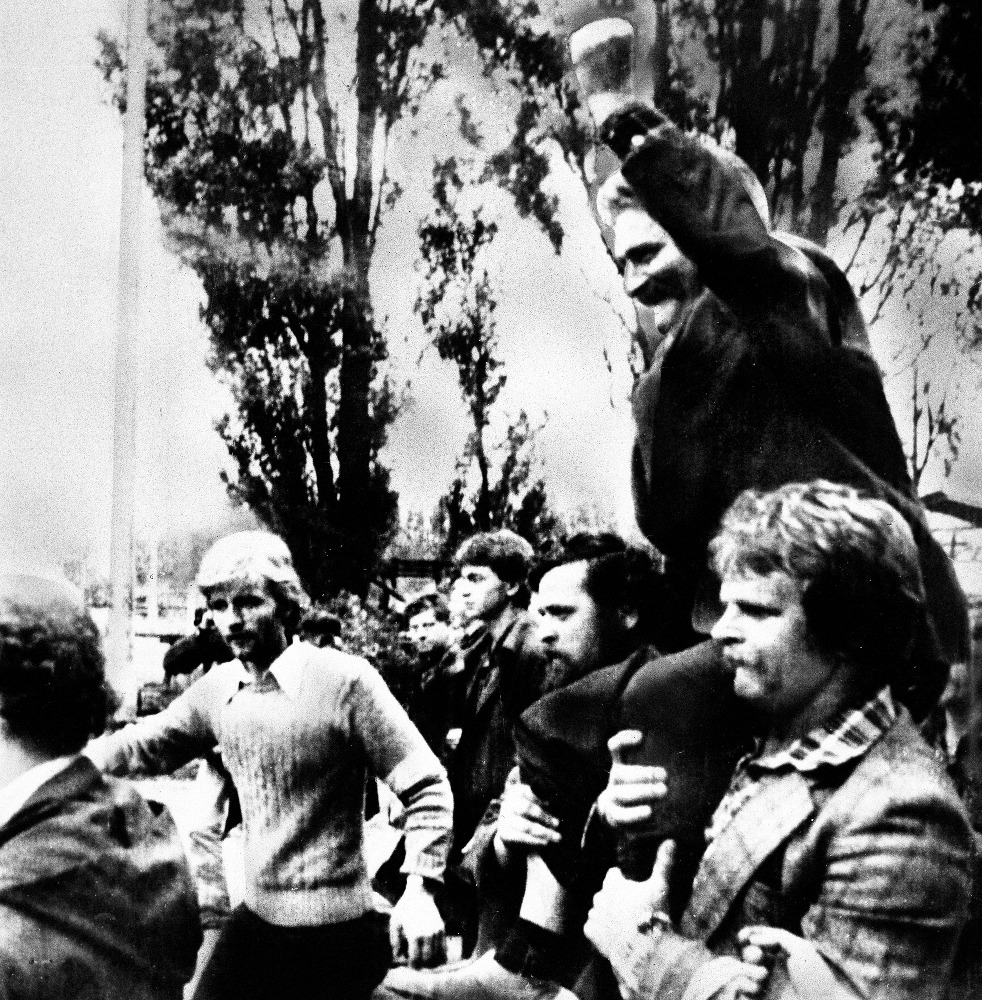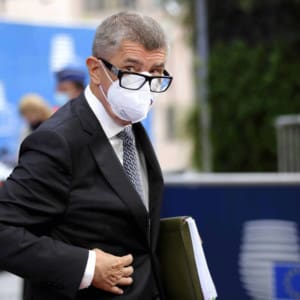The Chief Commission for the Prosecution of Crimes against the Polish Nation announced that former president and Solidarity leader Lech Wałęsa has been called upon three times by the prosecutor’s office to explain his testimonies in an investigation concerning his work as part of Polish communist special services. He was also requested to explain his refusal to appear according to established deadlines.
On each occasion, Wałęsa justified his absence with medical leave. On one occasion the absence was confirmed by a hospital stay, while in two others it was claimed that he was “unfit for work.” An investigation into the matter was initiated following communication from a private individual. This investigation concerns testimonies which Lech Wałęsa gave in 2016 during criminal proceedings in the case of forging communist service documents from 1970-76 to Wałęsa’s detriment.
In 2016, a set of personal files was revealed with documents belonging to communist special services agent codename “Bolek” were found. According to documents, this codename belonged to Wałęsa. The documents included an obligation to cooperate with the services and payment receipts for his reports against his colleagues. The documents were handed over to investigators by the wife of the former head of Polish communist services general Czesław Kiszczak after his death.
A team of experts analyzed 158 documents from the personal and work files of “Bolek”. The team compared them with 140 other documents from between 1963 and 2016 which had undeniably been signed or drafted personally by Wałęsa. The result of the research was a 235 page-long opinion which determined that the documents in the case were indisputably authentic.
Wałęsa declared that the documents were forged and started a lawsuit in 2016, which resulted in a criminal prosecution investigation into the affair. The investigative body of the Polish Institute of National Remembrance (IPN) explained that Wałęsa had been a witness during the investigation and had denied under oath that he had signed and drafted the documents.

IPN prosecutors argued that the credibility of Wałęsa’s testimonies was put into question by the opinion of graphologists and evidence, which proved that the documents (including the obligation to cooperate with communist services, receipts, and agent reports) were authentic.
A team of experts analyzed 158 documents from the personal and work files of “Bolek”. The team compared them with 140 other documents from between 1963 and 2016 which had undeniably been signed or drafted personally by Wałęsa. The result of the research was a 235 page-long opinion which determined that the documents in the case were indisputably authentic.
Based on this information, the Chief Commission for the Prosecution of Crimes against the Polish Nation dismissed the case on document forgery.
The issue of Lech Wałęsa’s past as an agent of communist special services has been the subject of Polish public debate for decades. The former president has routinely denied any involvement and cooperation with communist services and has even undertaken legal measures in the matter.
In the opinion of IPN and many historians dealing with the history of Solidarity, Wałęsa’s cooperation with communist services in the early 1970s is undisputable.






